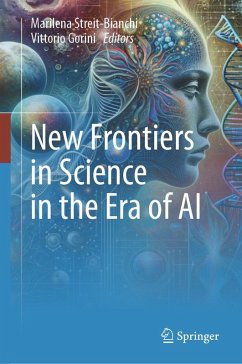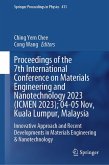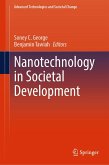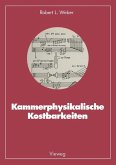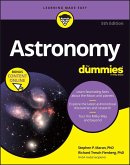This volume not only explores the profound implications of these scientific frontiers but also forecasts their impact on daily life. It delves into ongoing research and the technology that fuels advancements in physics and related fields.
Authored by renowned researchers and science communicators, this book appeals to researchers and non-experts seeking a comprehensive overview of emerging developments that challenge ongoing research and will impact education and society in the coming years.
Structured into distinct sections - New Physics World, Evolutionary Genetics to Epigenetics, Neurosciences and Neurophilosophy, Applications of Artificial Intelligence, and The Mystery of the Dark Sector - each chapter provides a deep dive into its respective subject, shedding light on the mysteries and implications of cutting-edge science. The book ends with an Epilogue illustrating the limitations of and challenges for our cognitive abilities.
Dieser Download kann aus rechtlichen Gründen nur mit Rechnungsadresse in A, B, BG, CY, CZ, D, DK, EW, E, FIN, F, GR, HR, H, IRL, I, LT, L, LR, M, NL, PL, P, R, S, SLO, SK ausgeliefert werden.

